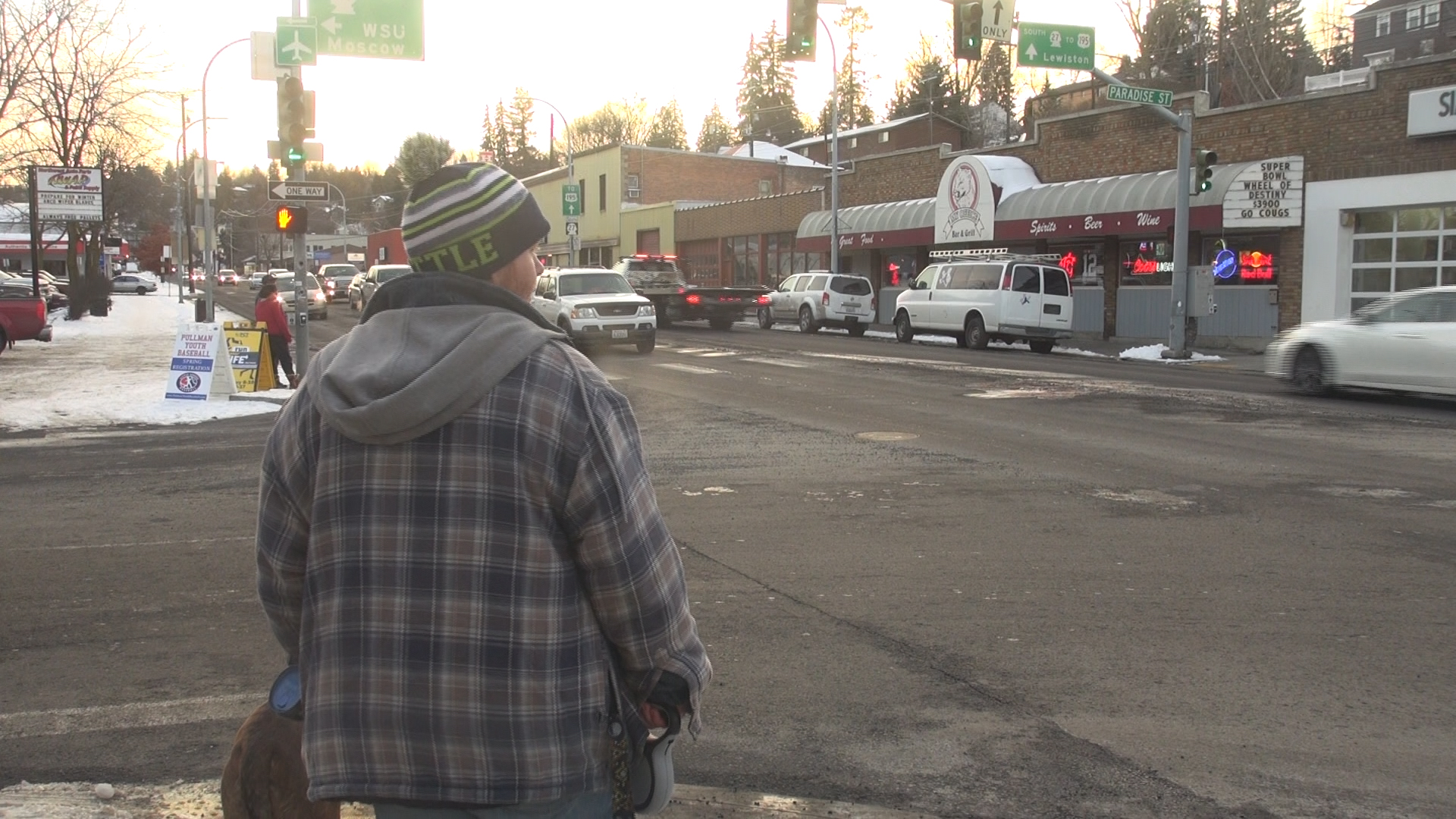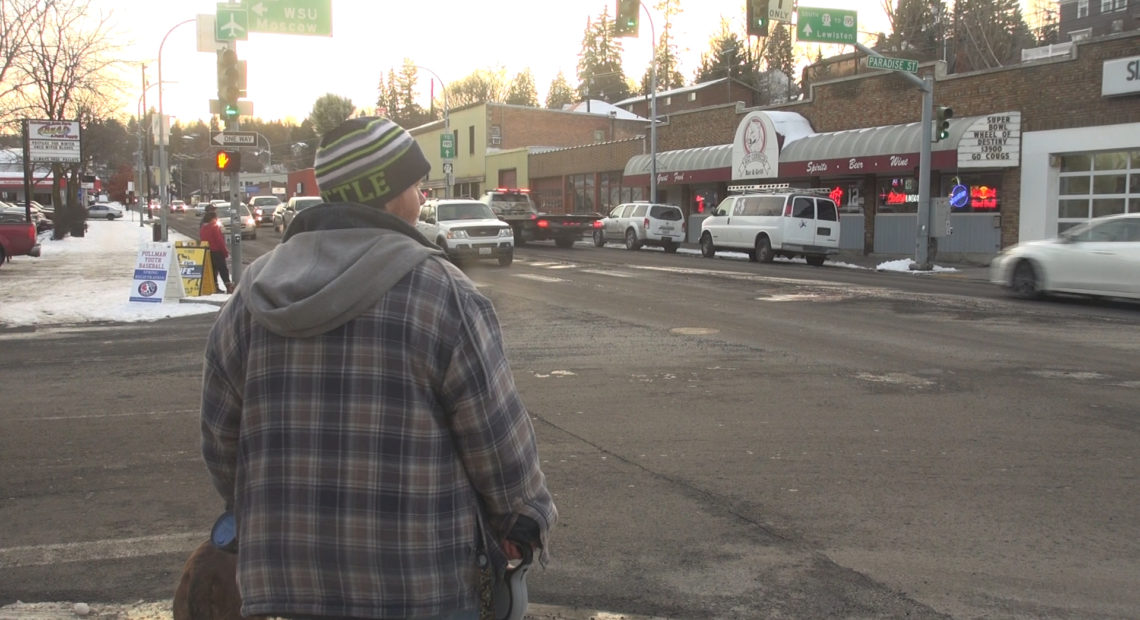
Pilot Program Looks At Equity In Helping The Homeless
Listen
NWPB’s Lauren Gallup looks at a pilot program aimed at better helping homeless people in minority communities / Runtime – 2:13
Read
Pierce County’s Continuum of Care recently completed a Department of Housing and Urban Development pilot project to improve racial equity in coordinated entry systems for those experiencing homelessness.
HUD recruited eight COCs across the country to participate in the pilot projects in 2020, says Mike Craw, faculty member at Evergreen State College, one of the team members for the project.
“The goal of that project was to identify one concrete improvement that COC, team of care, could make in its coordinated entry system to improve racial equity over the term of that, of that pilot project,” Craw said.
Craw says they decided to look at how the COC could improve cultural competence in the system of coordinated entry in the county.
There was already a partnership aiming to do this between Catholic Community Services and Tacoma Ministerial Alliance. Their goal was to better serve Black families in Tacoma, Craw says.
“Our equity demo project really focused on ‘let’s describe how that relationship worked, and evaluate it and see if we can expand it and extend it in ways that would improve coordinated entry for other marginalized and vulnerable populations across Pierce County and Tacoma in particular,’” Craw said.
Craw and Carolyn Weisz, professor of the University of Puget Sound, two of the many individuals who worked on the pilot, presented their findings to the COC last week.
Through interviews with clients going through the system, the team found there were frequent themes of confusion and complexity when navigating the system of coordinated entry.
Findings from the project included the importance of case workers in helping clients navigate coordinated entry systems. Also, there is a lack of affordable housing in the county.
Another finding was folks who identify as Black or African American experience both interpersonal and systemic racism when searching for housing and navigating services.
Weisz addressed this in her presentation to the COC.
“In terms of racial discrimination and trauma, that’s something people are bringing with them into the process,” Weisz said. “And cultural hubs, services and cultural competency seem important for addressing that reality.”
The report states that having a caseworker who shares the client’s identity may help build a trusting relationship with navigating systems.
Further findings and recommendations were listed in the report for folks working in the COC to take into consideration in their work.
Related Stories:
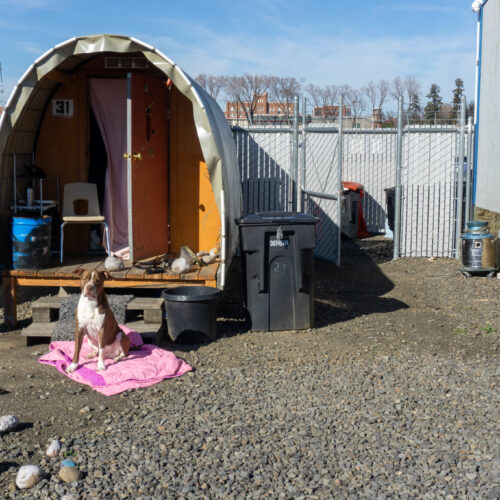
Unpacked: Addressing homelessness in Walla Walla
Walla Walla’s low-barrier shelter allows people to live with their pets or their partners. That’s a rarity in the shelter world — and a critical tool in the region’s efforts
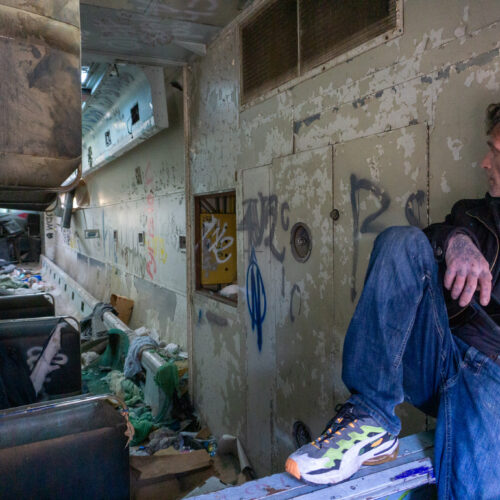
How one Washington county is making progress on homelessness
Walla Walla’s collaborative approach is helping people like Matthew Cate get housed. (Credit: Susan Shain / NWPB) Listen (Runtime 4:00) Read Editor’s note: This story is part of NWPB’s efforts
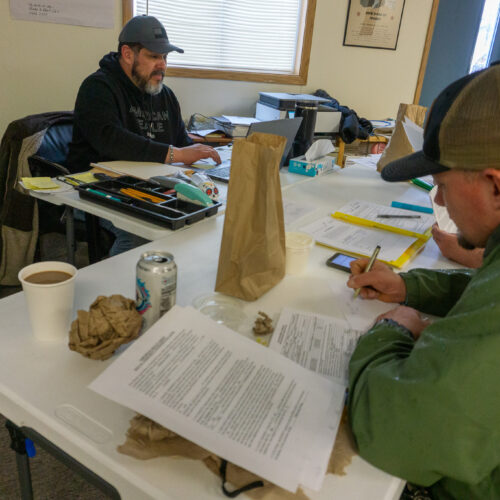
This ‘Ready to Rent’ course is preparing people to exit homelessness
Dustin McCauley fills out a worksheet as Ricky Aguilar teaches the Ready to Rent course. (Credit: Susan Shain / NWPB) Listen (Runtime 1:02) Read On a rainy Wednesday, Ricky Aguilar

